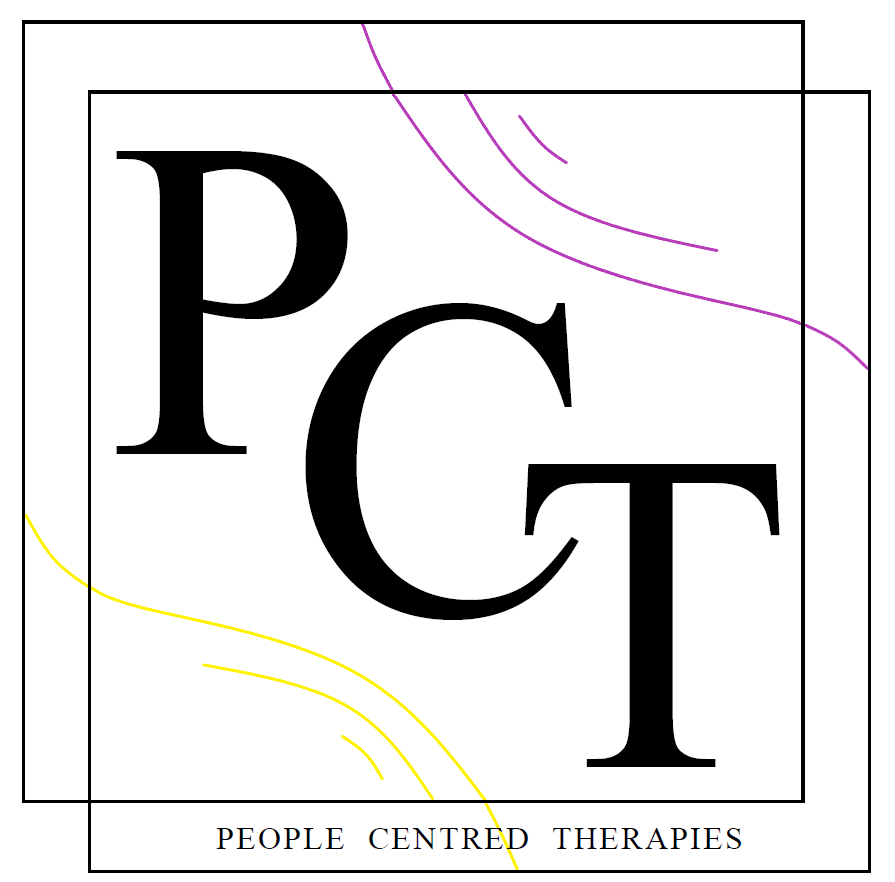Behaviour Support Services: Coming 2026
What we offer
-
A Functional Behaviour Assessment is a comprehensive process used to understand behaviours of concern and risks of harm, and to inform the development of positive, person-centred behaviour support strategies. The assessment includes interviews with the person and their key supports, direct observation across relevant environments, validated tools such as ABC analysis and the Questions About Behaviour Function (QABF), and a review of environmental, sensory, cognitive, and trauma-related factors. The FBA report provides a detailed analysis of behaviour patterns, underlying functions, contributing factors, protective factors, and associated risks, alongside evidence-based recommendations to reduce harm, promote safer environments, support skill development, and enhance quality of life. The FBA supports the development of behaviour support plans, informs clinical decision-making, and ensures that behaviour support is tailored to the person’s individual needs and goals.
-
A Behaviour Support Plan is a detailed, person-centred document that outlines proactive and evidence-based strategies to reduce behaviours of concern, mitigate risks of harm, and promote skill development, independence, and quality of life. Developed collaboratively with the person, their family, carers, and support network, the BSP is informed by a comprehensive Functional Behaviour Assessment (FBA) and incorporates strategies underpinned by the principles of Applied Behaviour Analysis (ABA), alongside trauma-informed and neuroaffirming practices. The plan includes positive behaviour support strategies, environmental adjustments, and skill-building programs such as communication, emotional regulation, and coping skills, with clear guidelines for safe and ethical responses to behaviours of concern. Where restrictive practices are necessary, the BSP provides clear justification and protocols to ensure they are implemented safely, proportionately, and with a goal of reduction over time. The BSP is a dynamic document, regularly reviewed and updated to remain aligned with the person’s evolving needs, strengths, and goals.
-
Staff training in positive behaviour support equips support workers, carers, and key stakeholders with the knowledge and practical skills required to implement Behaviour Support Plans (BSPs) safely, effectively, and in line with best practice. Training is tailored to the individual needs of the person being supported and is underpinned by evidence-based Applied Behaviour Analysis (ABA) principles, alongside trauma-informed and neuroaffirming approaches. It includes education on the functions of behaviour, proactive and preventative strategies, skill-building interventions, safe and ethical responses to behaviours of concern, and the appropriate use of any approved restrictive practices. Staff are trained to implement prompting hierarchies to shape and support new behaviours, and to use chaining processes and task analysis to systematically teach and develop functional skills that promote capacity and independence. Training also addresses environmental and communication adjustments to foster engagement and reduce risks of harm. Ongoing training and coaching ensure staff maintain competence, consistency, and responsiveness to the person’s changing needs and goals.
-
An Outcomes Report provides a structured evaluation of a person’s progress and the effectiveness of behaviour support and capacity-building strategies over the plan period. It documents changes in the frequency, intensity, and impact of behaviours of concern, progress towards identified goals, and reductions in risks of harm. The report also evaluates the safe and ethical application of any restrictive practices where used, and identifies barriers to progress or changes in the person’s environment that may influence outcomes. Clear, updated recommendations are provided to inform future behaviour support planning, staff training, and service delivery, ensuring ongoing alignment with person-centred and evidence-based practice.
